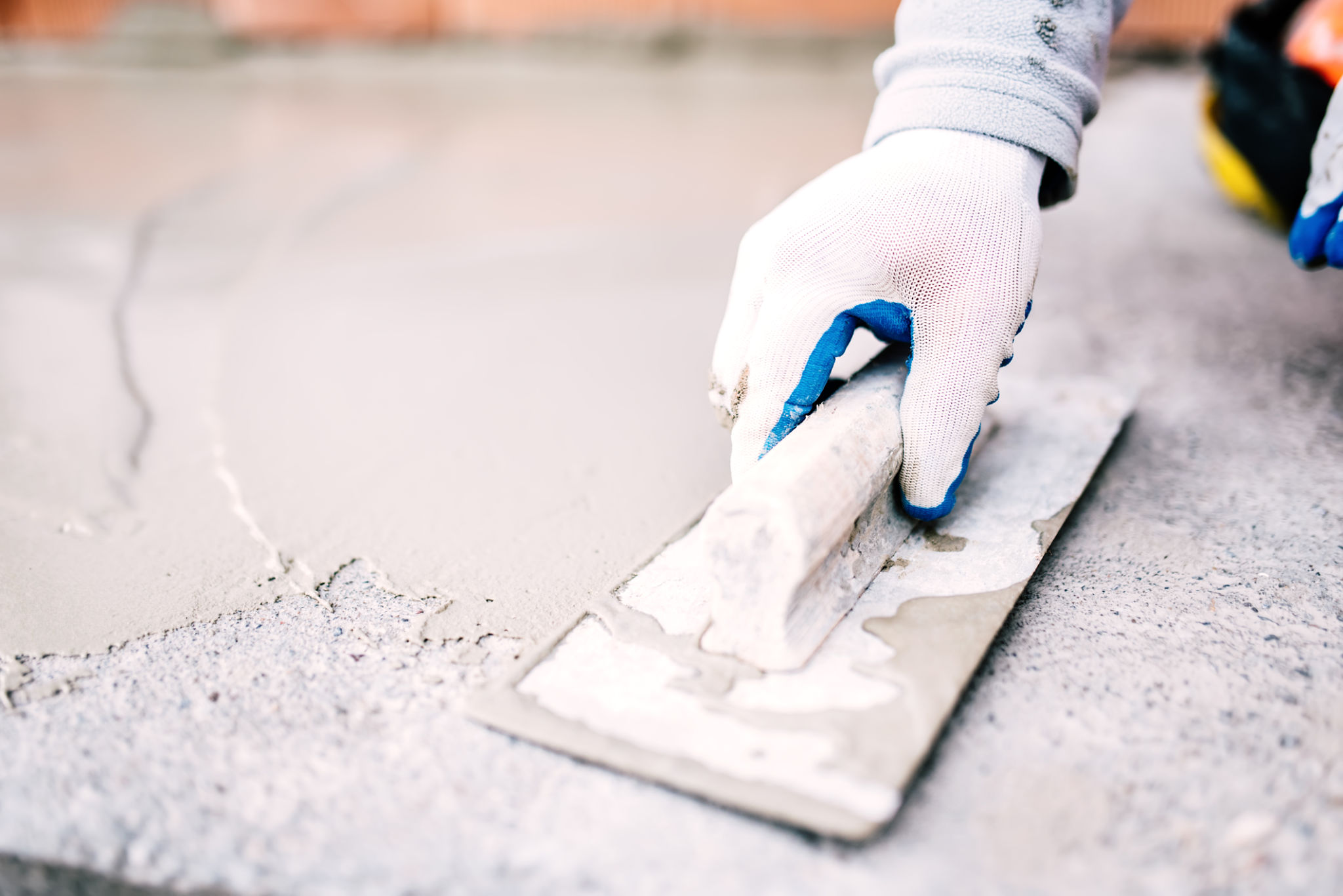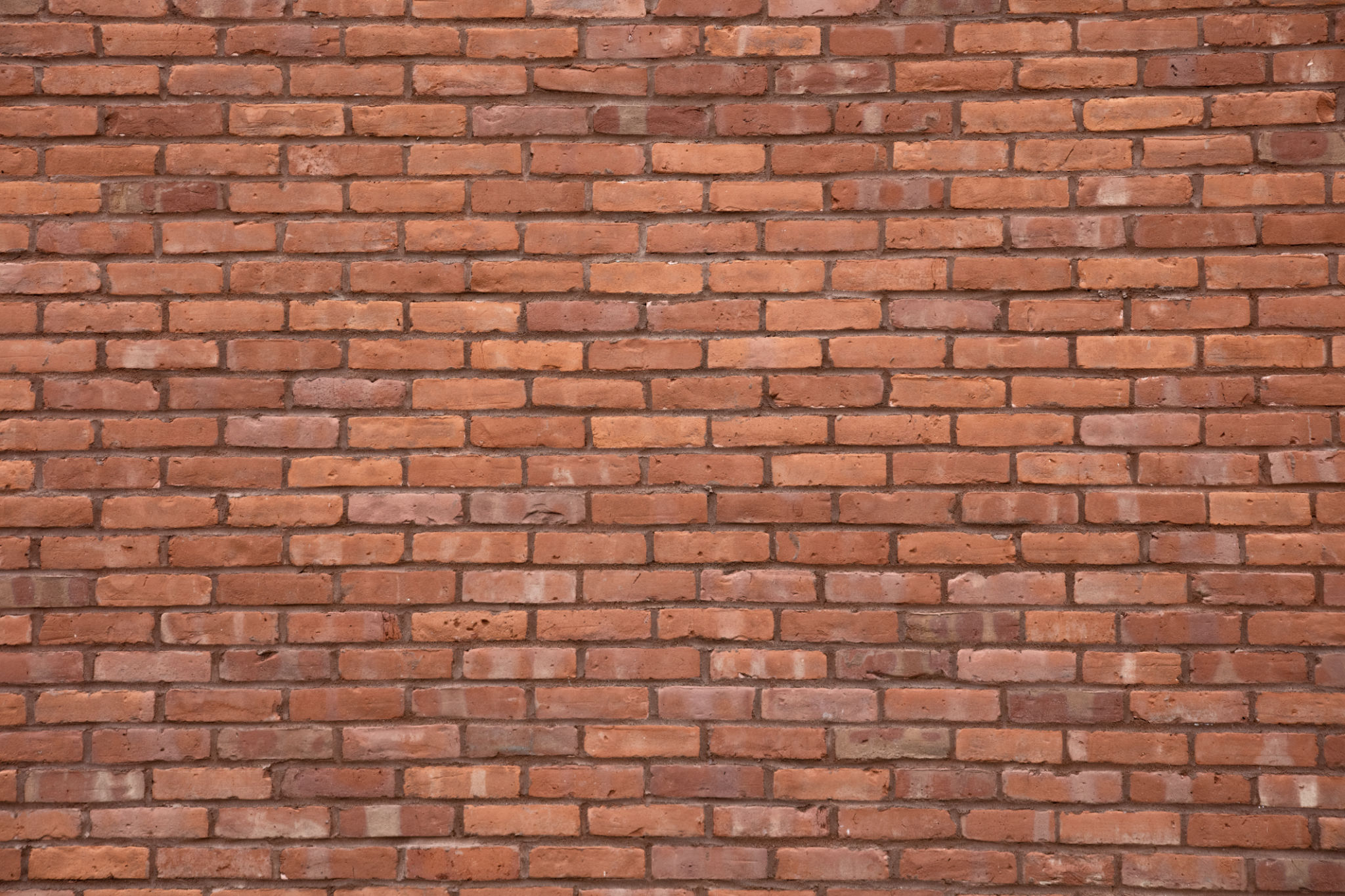How Maryland's Climate Affects Your Masonry: What You Need to Know
Understanding Maryland's Climate
Maryland's climate is characterized by its four distinct seasons, ranging from hot, humid summers to cold, snowy winters. This variability can have a significant impact on masonry structures. Homeowners and builders need to be aware of how these conditions can affect the durability and longevity of their masonry work.
The state experiences a mix of coastal and continental climate influences. This means that while some areas might deal with salt-laden air, others may face more severe temperature fluctuations. These factors combined create unique challenges for masonry maintenance.

Winter Freeze and Thaw Cycles
One of the most impactful aspects of Maryland's climate on masonry is the freeze-thaw cycle. When water enters the tiny cracks and crevices of masonry structures, it can freeze during cold temperatures. As water freezes, it expands, which can widen these cracks over time.
Repeated cycles of freezing and thawing can lead to significant structural damage. To mitigate this, it’s crucial to ensure that masonry work is properly sealed and maintained. Regular inspections and timely repairs can help prevent costly damage.
Preventive Measures
Applying a high-quality sealant to your masonry can help protect it from moisture infiltration. Additionally, ensuring proper drainage around your property can minimize standing water, further reducing the risk of freeze-thaw damage.

Summer Heat and Humidity
The hot and humid summers in Maryland can also affect masonry. High temperatures can cause materials to expand, while humidity can lead to moisture absorption. This combination can weaken the structural integrity of masonry over time.
Masonry materials such as brick and stone are porous and can absorb moisture from humid air. This can lead to mold growth and efflorescence, a white, powdery substance that appears on the surface.
Maintaining Structural Integrity
Regularly cleaning your masonry can help prevent mold and efflorescence. Using appropriate cleaning agents and techniques is essential to avoid damaging the surface. Additionally, proper ventilation around masonry structures can help control humidity levels.

Coastal Influences on Masonry
In coastal areas of Maryland, masonry structures are often exposed to salt air, which can accelerate the degradation of materials. Salt can corrode metal reinforcements and cause spalling, where the surface of the masonry flakes off.
To combat these effects, it’s important to use corrosion-resistant materials and coatings designed to protect against salt exposure. Regular maintenance and inspections are also key to identifying and addressing potential issues early.
Conclusion
Understanding how Maryland’s climate affects masonry is crucial for preserving the beauty and functionality of your structures. By taking proactive steps such as sealing, cleaning, and using the right materials, you can ensure that your masonry withstands the test of time.